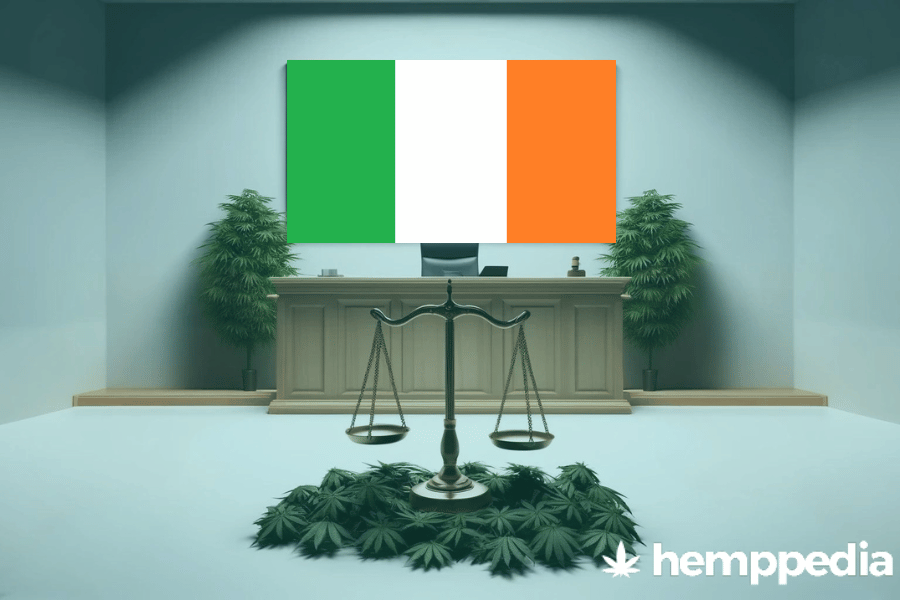TL;DR: Is CBD Legal in Ireland?
In Ireland, the legal status of CBD is currently subject to regulation under certain conditions. CBD products are legal as long as they contain less than 0.2% THC content, which is the psychoactive substance found in the cannabis plant. Further, CBD products must be derived from hemp plants, not marijuana. This article will delve into the legalities around the use, possession, and sale of CBD in Ireland, the distinction from THC-containing products, and a glance at global trends in CBD regulation.
Key Legal Aspects:- Usage of CBD: Legal under conditions
- Possession limits: No specific limits as long as THC content is under 0.2%
- Difference from THC products: THC content – which must be less than 0.2%
Overview of CBD Legislation in Ireland
Key Definitions
CBD: CBD, or cannabidiol, is one of over 100 chemical compounds found in the cannabis plant. Unlike THC (delta-9-tetrahydrocannabinol), CBD is not psychoactive and does not produce a “high.”
Hemp vs. Marijuana: Both hemp and marijuana are types of cannabis plants, but they have different THC content. Hemp has a THC content of less than 0.2% and is the source of most legal CBD products in places like Ireland.
Legal Status
CBD is legal in Ireland provided it’s derived from hemp and contains less than 0.2% THC. The Misuse of Drugs Act 1977 is the primary legislation regulating substances such as cannabis, and namely, THC-rich products. CBD products without psychoactive properties fall outside the scope of this Act.
Regulatory Bodies
The Irish Health Products Regulatory Authority (HPRA) and Food Safety Authority of Ireland (FSAI) are the principal entities regulating CBD products in the country. Labeling and packaging requirements under European Union (EU) legislation apply.
Conditions and Restrictions
In Ireland, CBD products are considered food supplements. Products must be properly labeled, not make any medicinal claims, and their THC content should not exceed the 0.2% limit.
Historical Context of CBD Legislation in Ireland
Over the last decade, society’s attitudes towards CBD and cannabis, in general, have evolved relatively rapidly in Ireland, paralleling a broader global shift towards liberalizing drug laws. Changing societal attitudes and mounting scientific evidence around the potential health benefits of CBD culminated in the Irish government making a distinction between hemp-derived CBD products and other types of cannabis products in 2016.
Possession, Use, Cultivation, and Sales
As long as a product has a THC content below 0.2% and is advertised and sold as a food supplement, it’s legal to buy, use, and possess CBD in Ireland. CBD products can be bought in various places such as pharmacies, health stores, and online. Importing or exporting CBD products follows the same rules as other food supplements.
Enforcement and Penalties
Non-compliance with CBD regulations can lead to businesses’ products being removed from the market or even criminal charges. However, given the current status of CBD as a food supplement, instances of enforcement actions are typically quite low.
Comparative Analysis
Compared to other countries in the EU, Ireland has a lenient approach towards CBD products, provided they fall within the prescribed THC limits and comply with EU food supplement requirements.
Conclusion
While Ireland has taken a progressive stance on CBD, consumers and businesses must still navigate a somewhat complex regulatory landscape. The future may see further changes, particularly with the growing global trend towards the liberalization of cannabis laws.





